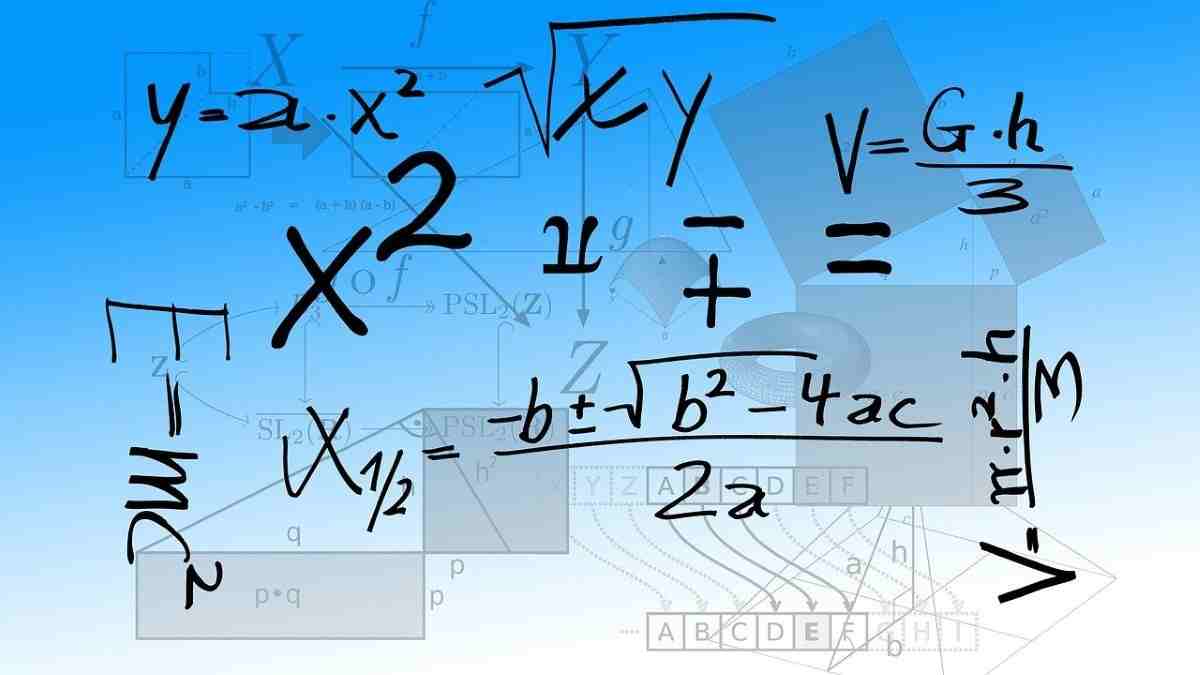INDIA: The Burali-Forti Paradox poses a profound challenge to the very foundations of set theory, sending shockwaves through the mathematics community.
Discovered independently by the Italian mathematicians Cesare Burali-Forti and Felice Burali-Forti in the late 19th century, this paradox exposes a fundamental contradiction lurking within the realm of infinite sets.
Set theory, a branch of mathematical logic, provides a framework for understanding the concept of collections of objects and their properties.
Set theory lays the groundwork for a wide range of mathematical investigations and is one of the cornerstones of modern mathematics.
However, the Burali-Forti Paradox throws a wrench into this seemingly solid structure.
The paradox arises when considering the collection of all ordinal numbers, which measure the sizes of sets.
Ordinal numbers form a well-ordered set, meaning that any subset of ordinals has the least element.
The Burali-Forti Paradox revolves around a simple yet mind-bending question: What is the ordinal number for a collection of all ordinal numbers?
Intuitively, one might think that such a collection would have an ordinal number larger than any other ordinal number. However, Burali-Forti’s paradox reveals that this assumption leads to a contradiction.
Suppose we assign an ordinal number, let’s call it α, to the collection of all ordinal numbers.
But by definition, α would be an ordinal number within the collection. This inference means that α is also less than α, which is impossible according to the axioms of set theory.
The Burali-Forti Paradox highlights the inherent limitations of the set theory’s approach to infinite sets.
The paradox exposes a flaw in the notion that all collections can be assigned a unique ordinal number, which has profound implications for the consistency and completeness of mathematical systems.
Over the years, mathematicians and logicians have grappled with the paradox, leading to the development of alternative set theories such as zermelo-fraenkel’s set theory with the axiom of regularity.
The theories attempt to address the paradox by imposing additional constraints on the structure of sets, but the paradox continues to challenge the very essence of our understanding of infinity.
The significance of the Burali-Forti Paradox extends far beyond pure mathematics. Its implications reverberate throughout various branches of science and philosophy, where the concept of infinity plays a pivotal role.
By shedding light on the limits of our current mathematical frameworks, this paradox pushes us to question and refine our fundamental assumptions about the nature of the infinite.
As mathematicians delve deeper into the mysteries presented by the Burali-Forti Paradox, new avenues for exploration and understanding will emerge.
Perhaps this paradox will ultimately lead to a breakthrough that reshapes our understanding of infinity and sets the stage for a new era in mathematical thinking.
Until then, the paradox remains an enigma, challenging the very fabric of mathematical certainty and inspiring future generations of thinkers to unravel its complexities.
Also Read: Understanding Quantum Measurement Paradox: The Mystery of Observation and Reality



